Global Crisis: Is There Still Time For A Second Opinion?
By Gina Villard
Having decided to take a week off to recharge my battery, I bought a ticket to London, where I often go and thought of discovering the town on foot. Strolling through Nothing Hill on a cloudy afternoon, I went into a trendy pub for a latte and struck up a conversation with the bar tender. Robert, 37 years of age, is a pleasant and friendly looking guy. But somehow he appeared as though he was carrying a great burden. Although a young man, he was greying at the temples. Wondered if that was premature greying or if it ran in the family. He said, no. That made me curious. Asked him how he was getting on in life and he replied, it’s hard and that he’s having difficulties making ends meet. He went on to remarked how the cost of living is getting a great deal more expensive — rent, electricity, heating, food etc. — a rather common story these days. Everyone is feeling the pinch. As the conversation continued, Robert added there are so many things he simply can’t do any more. All the people he knows and those that come into the pub are saying the same thing. There’s either not enough time nor money.
Robert has two jobs, his girlfriend works as well yet they are hardly getting by financially. He is happy if he can pay his bills or, as he puts it, the ones that have to be paid. Throughout our talk Robert voiced how hard it is to keep up with the rat race. Four months ago he got a day job and at work there’s so much to do and not enough time in a day nor manpower to do what needs doing. Everyone is over worked and many are stretched to the limit, others are sick. Not too long ago, people like Robert were optimistic about there lives, they felt that in the near future things will straighten themselves out. What we catch on the news these days is that “we all” need to tighten our belts… But some are living off the hog. A small minority believe they have earned their way up the food chain and have no difficulties keeping up their life of luxury. At the other side of reality too many people are having their life’s blood sucked out of them.
As an American, having lived over 25 years aboard, experienced three different countries, and now living in Germany, I’ve started noticing things that I never noticed before. Being in this most unique position, it’s like watching things unfold before my eyes. In the mid 1980s when I arrived in Europe, there wasn’t such thing as unemployment in Germany, at least none to speak of. The economy was growing, booming as a matter of fact, and if you didn’t have a job, it was because you didn’t want one. Fast forward 23 years and unemployment is hovering at the 4- million mark. After virtually zero unemployment in the 1970s, which continued well in the 1980s, Germany has taken a turn in a different direction. Social benefits have been brutally cut back. Health insurance has seen it’s share of rollbacks. A single mother now gets 300 Euro less per child and is struggling and barely keeping it together.
At the same time we see on TV the self-satisfied faces of bankers, politicians and pundits who are telling us how well the economy is doing. They seem to have nothing to worry about. Their benefits, bonuses and salaries are soaring. The banks get their “bailouts” and the rest is left holding the bag. Some wonder if they will still have a job tomorrow, others don’t know if they are ever going to get another one. Parents hope they can leave a better world for their children, but some are beginning to doubt that. People increasingly asking themselves, what has the world come to?
What I see is an ailing society. Wherever you turn a company is closing down and people are losing their jobs. Those who still have a job are finding it ever so difficult to keep above water. The cost of living is going through the roof, too many are working our fingers to the bone, but not making any head way. Walking down the street in a typical working class quarter I can’t help but look in the faces of the people walking by. There is a sense of anguish, pain, and even fear in their eyes. Underneath the surface there is a feeling of uncertainty and bewilderment. Nobody knows what the future holds and there isn’t much room for optimism. The family unit doesn’t provide the assurance it once had. Communities are falling apart. The government has relinquished all responsibility and corporations have — or will soon — take complete control. Countless families are scarcely able to keep themselves afloat, others are hanging in there by a hair’s breadth.
What is happening? Most importantly, why is it happening? A growing number of people is getting cut out of the democratic process. That raises the question if there’s still a democratic system in place. How many people have to suffer this kind of silent deprivation before there is no democracy any more at all? If democracy is about developing the virtue of its citizens and making it possible for them to live a life of virtue, as Aristotle already established 2400 years ago, people who lack the leisure time necessary for political participation and the study of philosophy simply can’t be part of a democratic system, for “it is impossible to pursue the things of virtue when one lives the life of a laborer”. How many have two or three jobs, only to get by? And how many of those with one job are working over time, or are in some way connected to the company on weekends, in the evenings, or on holidays? For the most part, the time people spend working away from the office is not compensated. And people accept this situation, for today a job can be taken away at the blink of an eye. Who dares ask for a raise, and of those who do, who gets one nowadays?
This is pressing. It’s like a disease. Democracy is ebbing away and we are watching it happening right before our eyes. Far too many citizens are being just cut out of the equation. What kind of system is this, where the very fabric of society is being torn apart, where masses of people are being left to sink or swim, where corporations dictate and governments follow suit, cheered on by the mainstream media? Is this still a democracy when those who are supposed to be part of it, are left out just because they either can’t or simply don’t want to be involved any more? Somehow it is as though the comatose patient is on the way to the emergency room and the medics haven’t got a clue what’s wrong, what to do, or where to start. A classic case for a second opinion. But something needs to be done — now! The disease broke out in the U.S. and it is spreading. It is contagious. It is global. And it could be lethal.
For me, my trip to London, the talk with Robert, all the sadness I see is like a wake- up call. I for one, no longer want to remain a passive witness, disgusted by all the brainwashing in the mainstream media, pouring my heart out on Twitter. It is time to stop the rhetoric and take action. We must meet this situation, which effects us all with determination, purpose and exertion before it’s too late. The least we can do is open our eyes, refuse to be lied to, make our own minds up, and shake off the lethargy. Everyone might not be a revolutionary, but everybody can do something. Just try to figure out what that is for you and get involved. Don’t wait for a second opinion.
Editor’s Note: Gina Villard is an American who has been living and working for more than 24 years in Germany. She finished her studies in psychology and philosophy in the U.S., is fluent in English, German and French and has many years of successful experience in the challenging field of business communication, management and personnel training. Being born in Haiti and raised in a multicultural environment has given her the foundation and the right credentials to work with internationally operating companies.
Related Articles

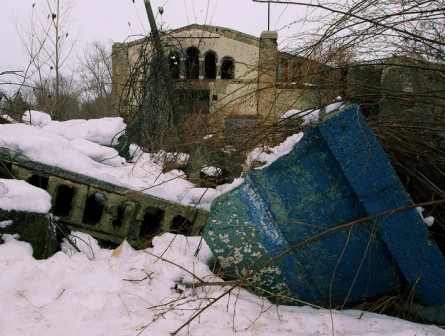

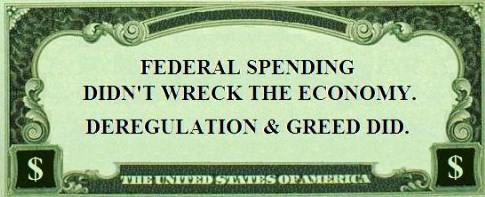
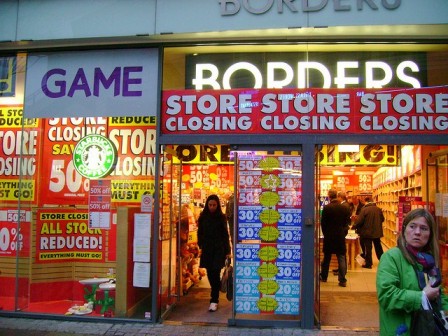

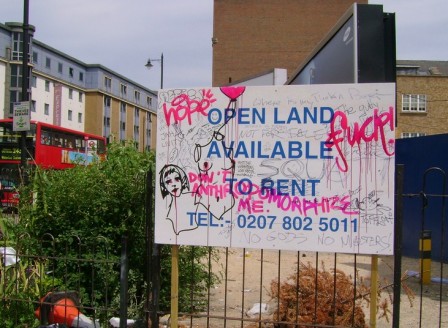
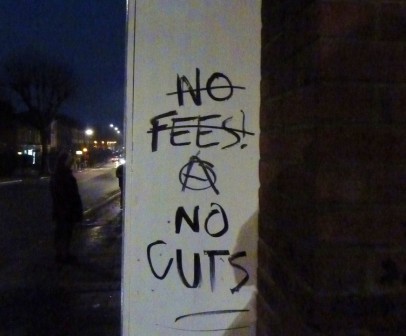
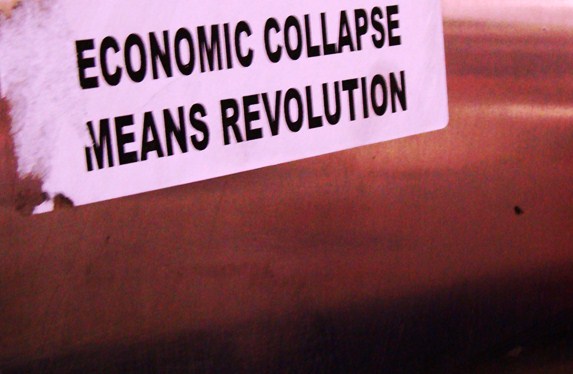











5 Responses to Global Crisis: Is There Still Time For A Second Opinion?
You must be logged in to post a comment Login